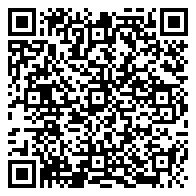Early School Leaving and NEETs across the Danube Region – towards new regional perspectives
Introduction
Social cohesion across the Danube Region is threatened by various processes of social exclusion. Young people are one of the groups most affected by these processes, which have been exacerbated since the 2008 economic crisis and are illustrated by high numbers of youth unemployment and NEETs (young persons who are ‘Not in Education, Employment, or Training’) as well as the challenge of early school leaving. The EU has started to tackle the issue, for example with its youth guarantee and youth employment initiative launched in 2013. These efforts – and the results achieved so far – as well as the different experiences and scale of problems across the Danube Region countries offer significant opportunities for mutual learning.
Early school leaving (ESL) is a multi-faceted and complex phenomenon that is caused by cumulative processes of disengagement. Making mainstream education more inclusive plays an important role in addressing ESL but comprehensive approaches and the right mixture of preventative, intervention and compensation measures are required to reduce ESL. Reducing ESL can help towards the integration of young people into the labour market, and contribute to breaking the cycle of deprivation that leads to the social exclusion of too many young people. To tackle these challenges, there is a need for closer cooperation between different educational and labour market actors, including education and labour market policy makers who develop strategies, schools, NGOs, service providers and practitioners from the different sectors (like teachers and youth workers) who are implementing them in their everyday work.
The Workshop
The 2-days workshop will assemble experts from different sectors (formal and non-formal education, public administration, research, NGOs, service providers) in the Danube Region to take stock of current developments with regards to early school leaving and NEETs, highlighting country specific and general problems, needs of target groups and – in particular – showcase and share successful examples of how these challenges are met in different countries of the Danube Region. Based on the findings of the workshop, the potential for future cooperation across the Danube Region on the issue (for example in the framework of the Danube Transnational Program) will be explored.
The workshop is organized by Interkulturelles Zentrum and KulturKontakt Austria in cooperation with the Austrian Federal Ministry of Education, Science and Research and the Austrian Federal Ministry of Labour, Social Affairs, Health and Consumer Protection as Priority Area Coordinator 9 of the EU Strategy for the Danube Region.
Find more information here:



